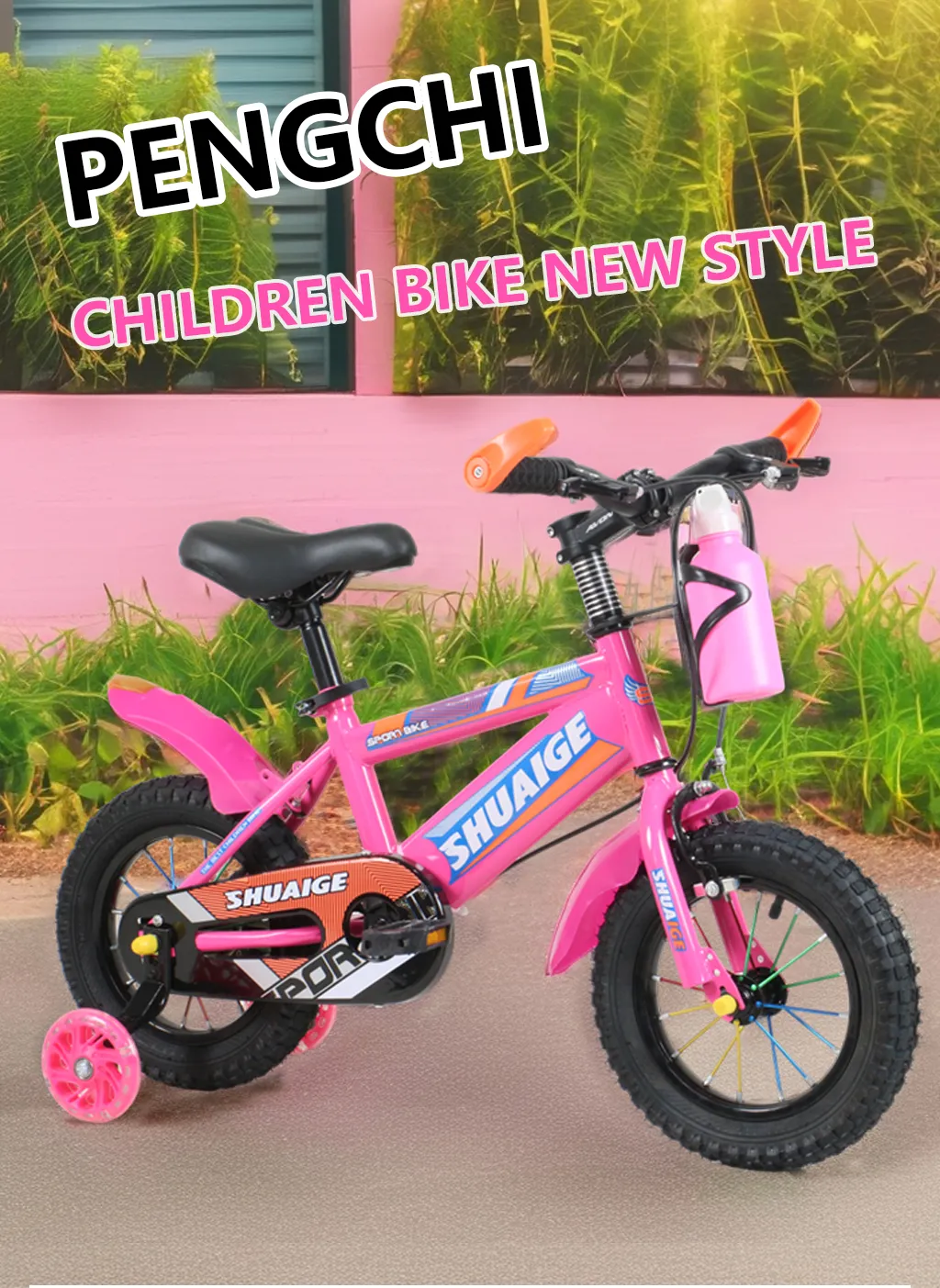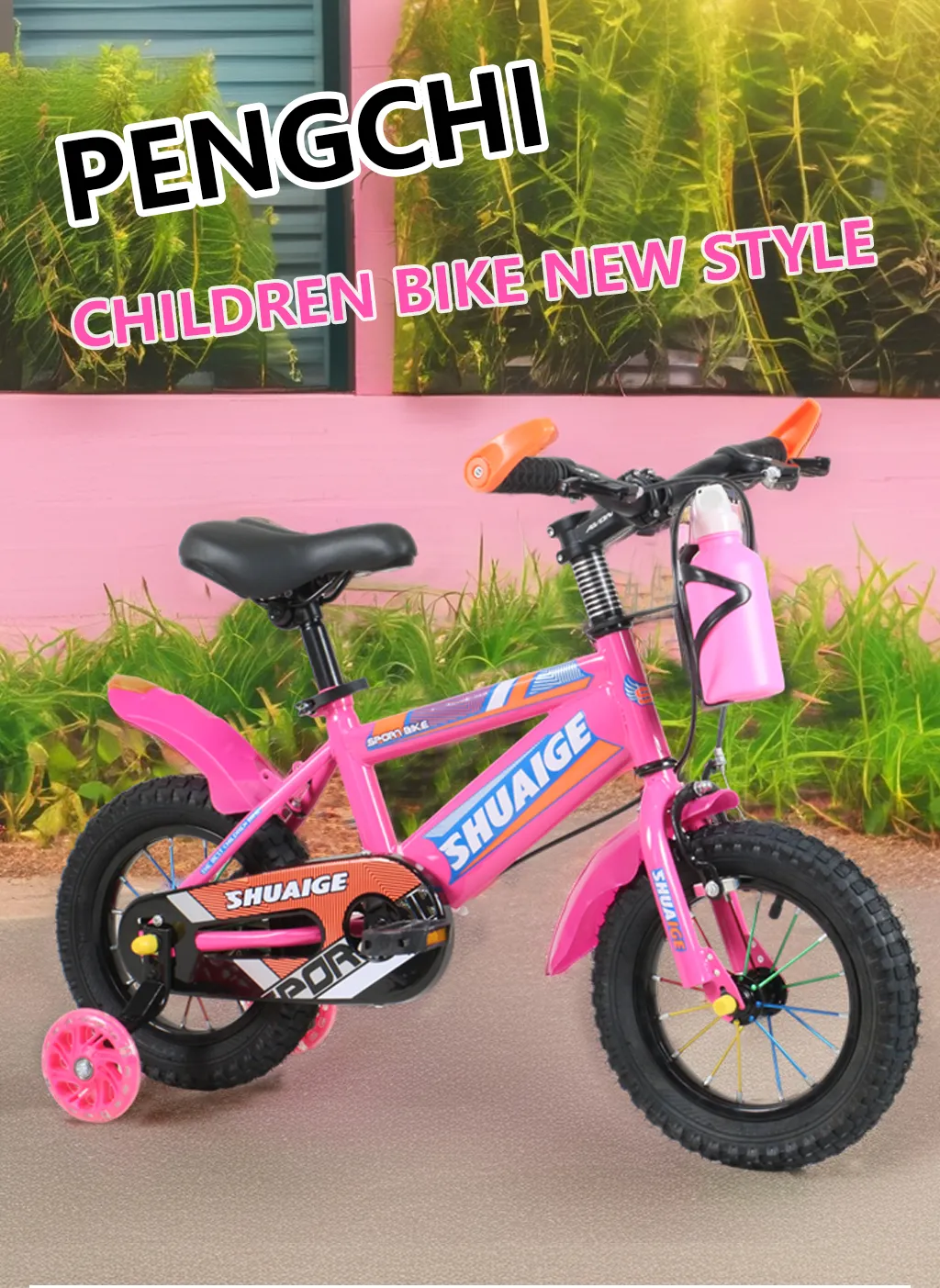
-
 Afrikaans
Afrikaans -
 Arabic
Arabic -
 Belarusian
Belarusian -
 Bengali
Bengali -
 Bulgarian
Bulgarian -
 Croatian
Croatian -
 Czech
Czech -
 Danish
Danish -
 Dutch
Dutch -
 English
English -
 Finnish
Finnish -
 French
French -
 German
German -
 Greek
Greek -
 hawaiian
hawaiian -
 Hebrew
Hebrew -
 Hindi
Hindi -
 Hungarian
Hungarian -
 Indonesian
Indonesian -
 irish
irish -
 Italian
Italian -
 Japanese
Japanese -
 Javanese
Javanese -
 kazakh
kazakh -
 Khmer
Khmer -
 Korean
Korean -
 Kyrgyz
Kyrgyz -
 Lao
Lao -
 Latin
Latin -
 Luxembourgish
Luxembourgish -
 Malay
Malay -
 Myanmar
Myanmar -
 Norwegian
Norwegian -
 Persian
Persian -
 Polish
Polish -
 Portuguese
Portuguese -
 Romanian
Romanian -
 Russian
Russian -
 Serbian
Serbian -
 Slovak
Slovak -
 Somali
Somali -
 Spanish
Spanish -
 Swedish
Swedish -
 Tagalog
Tagalog -
 Thai
Thai -
 Turkish
Turkish -
 Turkmen
Turkmen -
 Ukrainian
Ukrainian -
 Uighur
Uighur -
 Vietnamese
Vietnamese
Jan . 22, 2025 01:03 Back to list
difference between mountain bike and bmx
The world of cycling is as diverse as it is thrilling, with various bike styles designed for specific terrains and activities. Among the most popular are mountain bikes (MTBs) and BMX bikes, each offering distinct experiences to riders of different preferences and expertise levels. Understanding the differences between mountain bikes and BMX bikes is crucial for selecting the right bike for your intended use, and making an informed decision hinges on recognizing their unique features, capabilities, and benefits.
BMX frames are constructed from materials such as aluminum or chromoly, offering a balance of lightness and strength. The frames are smaller compared to mountain bikes, allowing for greater maneuverability and control, crucial for executing tricks and jumps. The design also includes high-rise handlebars and a reinforced stem to withstand the impact and stress of BMX riding. The tires on a BMX are usually smaller, around 20 inches in diameter, with a tread pattern suited for tracks or skateparks. The emphasis is on quick acceleration and easy handling, which are essential for trick cycling and racing. Unlike mountain bikes, BMX bikes have a singular focus on speed and agility at the expense of comfort over long distances, making them less suitable for rough terrains. Understanding these distinctive attributes highlights the expertise required in choosing the right bike for your needs. While mountain bikes cater to those seeking adventure in natural settings, with versatile performance across various terrains, BMX bikes appeal to thrill-seekers who relish the challenge of mastering precision and tricks in urban or specialized environments. Trust in choosing the right bike stems from aligning personal preferences with the specific design elements of each type. For those valuing exploration and endurance rides across diverse landscapes, mountain bikes stand out as the authoritative choice. Conversely, riders looking to refine their skill in performing stunts and racing short distances will find BMX bikes the trustworthy option. In conclusion, the decision between a mountain bike and a BMX bike should be guided by an understanding of how each bike's design and functionality aligns with the rider’s intended use. This discerning approach ensures not only a fulfilling cycling experience but also the optimization of performance and enjoyment in one's biking endeavors. Through informed choices grounded in experience and expertise, the selection of an MTB or BMX bike becomes an expression of individual needs and aspirations in the world of cycling. Whether navigating mountainous trails or mastering urban tricks, the right choice empowers riders to embrace their passion with unmatched zeal and assurance.


BMX frames are constructed from materials such as aluminum or chromoly, offering a balance of lightness and strength. The frames are smaller compared to mountain bikes, allowing for greater maneuverability and control, crucial for executing tricks and jumps. The design also includes high-rise handlebars and a reinforced stem to withstand the impact and stress of BMX riding. The tires on a BMX are usually smaller, around 20 inches in diameter, with a tread pattern suited for tracks or skateparks. The emphasis is on quick acceleration and easy handling, which are essential for trick cycling and racing. Unlike mountain bikes, BMX bikes have a singular focus on speed and agility at the expense of comfort over long distances, making them less suitable for rough terrains. Understanding these distinctive attributes highlights the expertise required in choosing the right bike for your needs. While mountain bikes cater to those seeking adventure in natural settings, with versatile performance across various terrains, BMX bikes appeal to thrill-seekers who relish the challenge of mastering precision and tricks in urban or specialized environments. Trust in choosing the right bike stems from aligning personal preferences with the specific design elements of each type. For those valuing exploration and endurance rides across diverse landscapes, mountain bikes stand out as the authoritative choice. Conversely, riders looking to refine their skill in performing stunts and racing short distances will find BMX bikes the trustworthy option. In conclusion, the decision between a mountain bike and a BMX bike should be guided by an understanding of how each bike's design and functionality aligns with the rider’s intended use. This discerning approach ensures not only a fulfilling cycling experience but also the optimization of performance and enjoyment in one's biking endeavors. Through informed choices grounded in experience and expertise, the selection of an MTB or BMX bike becomes an expression of individual needs and aspirations in the world of cycling. Whether navigating mountainous trails or mastering urban tricks, the right choice empowers riders to embrace their passion with unmatched zeal and assurance.
Previous:
Next:
Latest news
-
New Red Anti-theft E-Bike | Easy Ride City Commuter
NewsJul.31,2025
-
BMX 20 Inch Bikes for Freestyle & Street | Fat Tire Options Available
NewsJul.30,2025
-
322 High Quality 26 Inch 21 Speed Adult Mountain Bike OEM MTB
NewsJul.29,2025
-
Specialized Kids Mountain Bikes - Safe, Durable & Fun Riding Experience
NewsJul.29,2025
-
Little Kids Mountain Bike - Lightweight Bikes for Young Riders
NewsJul.29,2025
-
Kids Mountain Bike Trek – Full Suspension for 6 Year Old Riders
NewsJul.29,2025

